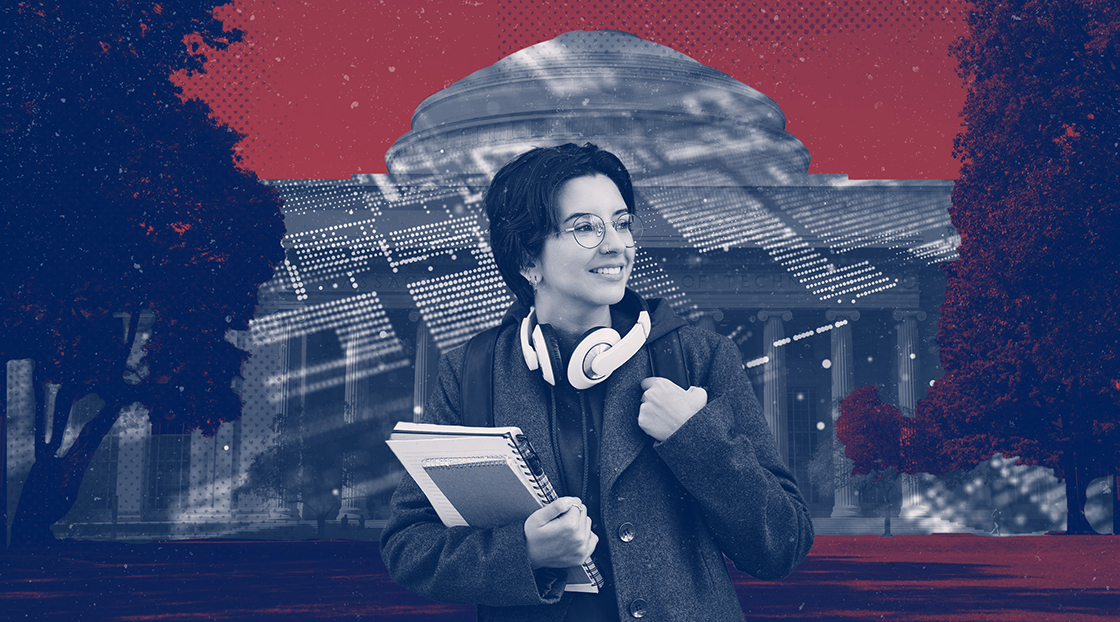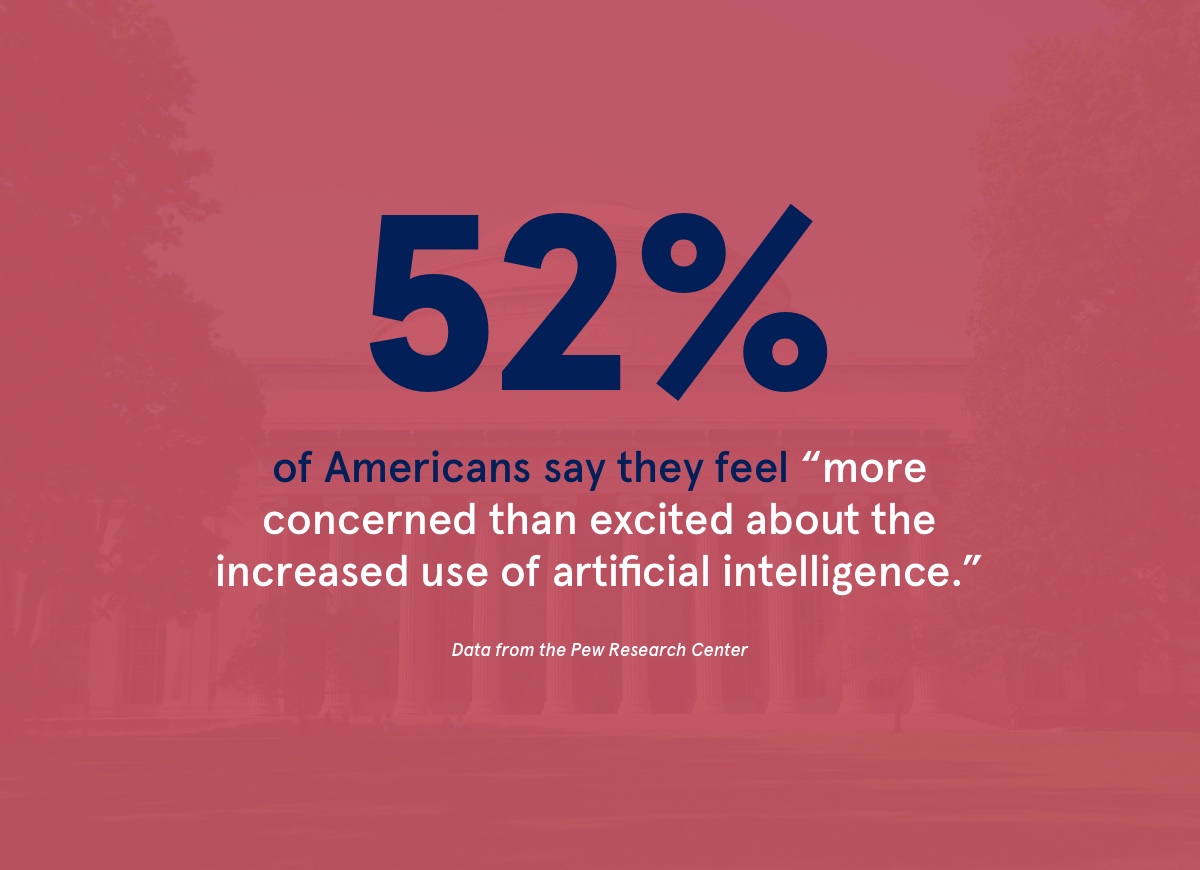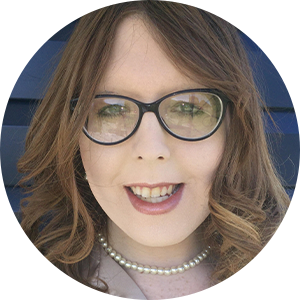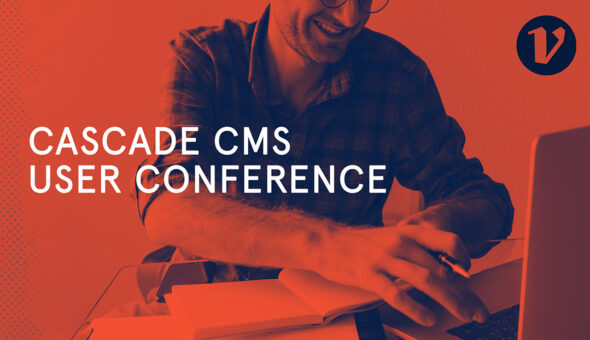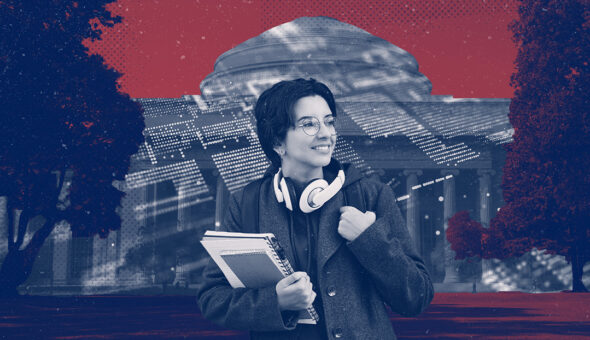While institutions are undoubtedly trying to wrap their arms around the ways AI is changing the way professors teach and students learn, they’re also having to grapple with the impacts on institutional reputation associated with the new technology.
The tricky path forward for institutions is complicated by just how anxious the public is about AI. Overall, 52% of Americans say they feel “more concerned than excited about the increased use of artificial intelligence,” according to information from the Pew Research Center that was published in August. Additionally, only 10% reported being more excited than concerned.
